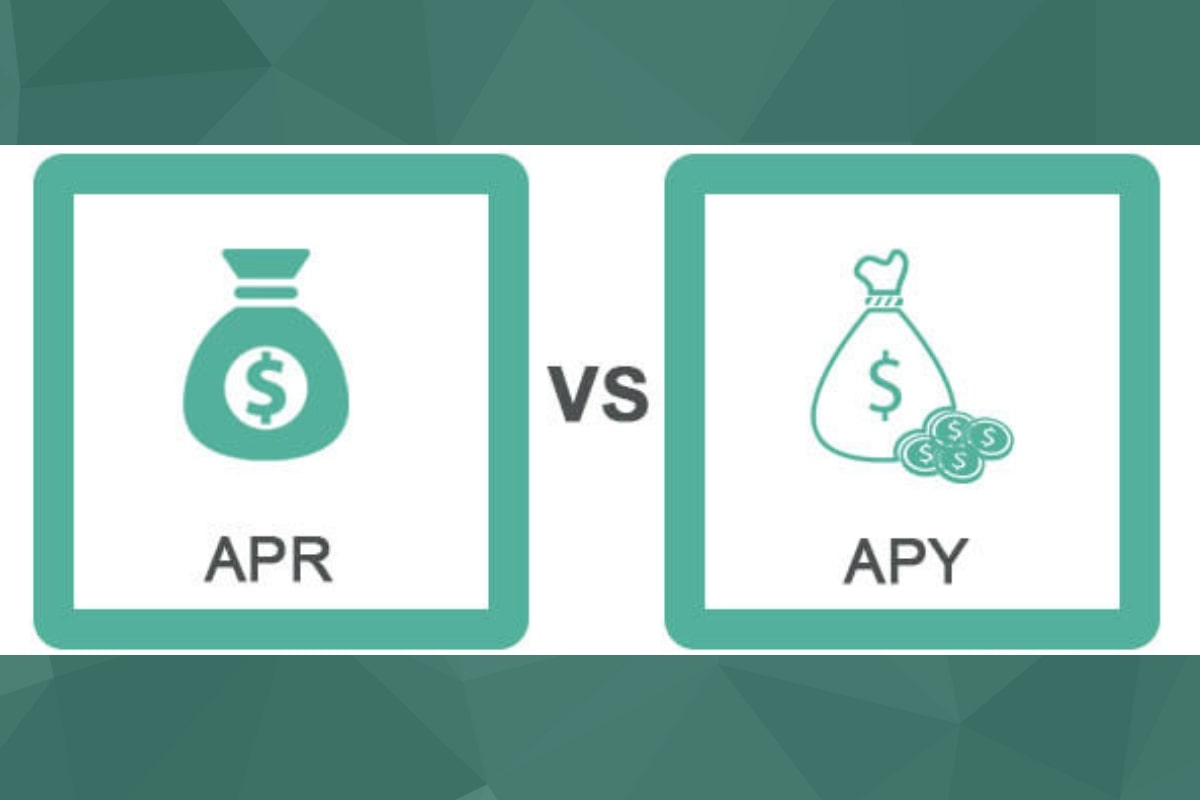

Finance
Gross Revenue Pledge Definition
Published: December 2, 2023
Discover the meaning of Gross Revenue Pledge in finance. Learn how this concept impacts your financial strategy and maximizes revenue.
(Many of the links in this article redirect to a specific reviewed product. Your purchase of these products through affiliate links helps to generate commission for LiveWell, at no extra cost. Learn more)
Gross Revenue Pledge Definition: Understanding the Basics
Finance is a broad category that encompasses various aspects of money management, investment, and economic activities. In this blog post, we will dive into one specific topic within finance – the Gross Revenue Pledge. By the end of this post, you will have a clear understanding of what it is and how it can impact businesses and investors alike.
Key Takeaways:
- Gross Revenue Pledge is a financial commitment made by a borrower to use a portion of their revenue to repay a loan or debt.
- This pledge provides lenders with a higher level of security as it ensures that a portion of the borrower’s income is earmarked for debt repayment.
Now, let’s delve deeper into the Gross Revenue Pledge and explore its definition and implications.
What is a Gross Revenue Pledge?
A Gross Revenue Pledge is a contractual agreement between a borrower and a lender wherein the borrower commits to allocating a specified portion of their gross revenue towards debt repayment. This pledge serves as a guarantee to the lender that there will be a consistent and reliable source of funds for loan repayment.
How does it work?
When a borrower enters into a Gross Revenue Pledge agreement, they agree to set aside a predetermined percentage of their gross revenue. This percentage may vary depending on the terms negotiated between the borrower and lender. The borrower will then use this allocated amount to repay the loan or debt, ensuring that it is a priority above other expenses.
In some cases, a Gross Revenue Pledge may also require the borrower to provide regular gross revenue reports to the lender for verification purposes. This helps the lender monitor the borrower’s financial condition and ensure that the allocated funds are being used for debt repayment.
Implications for Businesses:
Gross Revenue Pledge can have significant implications for businesses. Here’s how:
- Increased Lender Confidence: By pledging a portion of their gross revenue, businesses demonstrate their commitment to repaying their debt, thereby boosting the confidence of lenders.
- Quicker Loan Approvals: Offering a Gross Revenue Pledge might lead to faster loan approval as it provides additional security for the lenders.
- Financial Discipline: Having a Gross Revenue Pledge in place can help businesses establish financial discipline by ensuring that debt repayment remains a priority.
- Restricted Cash Flow: On the downside, dedicating a portion of the gross revenue to debt repayment can restrict a business’s cash flow and limit its ability to invest in expansion or other ventures.
Overall, a Gross Revenue Pledge provides lenders with a higher level of security and assurance while also encouraging financial discipline among borrowers. However, businesses should carefully consider their financial capabilities and potential limitations before committing to such an agreement.
As with any financial decision, it is advisable for businesses to consult with financial professionals who can provide guidance that aligns with their specific circumstances.














